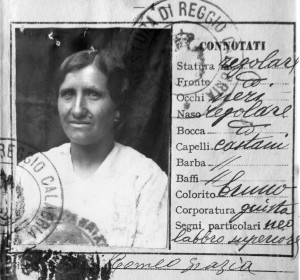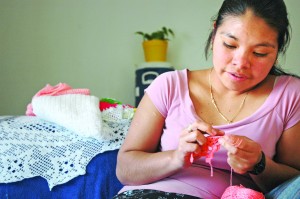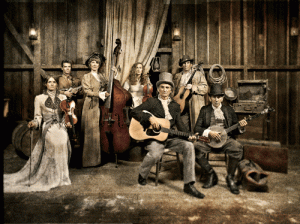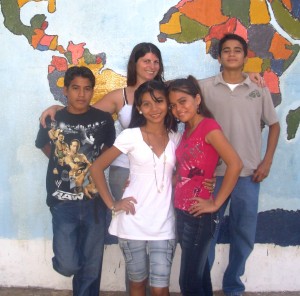“Give me your tired, your poor, Your huddled masses yearning to breathe free, the wretched refuse of your teeming shore. Send these, the homeless, tempest-tost to me, I lift my lamp beside the golden door!” – Emma Lazarus
This excerpt from The New Colossus appears on a bronze tablet that resides in the base of the Statue of Liberty in New York Harbor. It is very likely that statue was the first sign to welcome each one of my grandparents to their new home back in the 1890s.
All four of them had left behind the country of their births, likely never to return. I imagine them arriving on the shores of this new land with hope, anxiety and uncertainty, but with a sense of purpose. They came here to become Americans. To become part of the conglomerate of this vast melting pot. Mostly they came to work – to take advantage of the endless possibilities the United States seemed to offer at the peak of the Industrial Revolution.
Because of their willingness to leave behind the past; their families, their heritage – I was fortunate enough to be born here. A citizen by birthright.
The United States of the early 21st century seems far removed from that earlier time. Our industrial base has been mostly shipped overseas. The small farms are now huge agri-business operations. The only people that appear willing to work the fields have to sneak into the country, and then are demonized for many of the problems we have today.
We have two immigration-related pieces in this issue; one on the Cora Indians, indigenous Mexican tribal members who have settled in the Gunnison Valley, and an interview with Helen Thorpe, who wrote an acclaimed book about four Mexican girls growing up in Denver. On the topic of emigration, an article by Bill Hatcher talks about the challenges facing the Peace Corps as it turns 50 years old.
 Pictured here is the Italian passport of my Mom’s mother, Grazia Romeo, who arrived on these shores in the 1890s and never looked back.
Pictured here is the Italian passport of my Mom’s mother, Grazia Romeo, who arrived on these shores in the 1890s and never looked back.
– Mike Rosso




